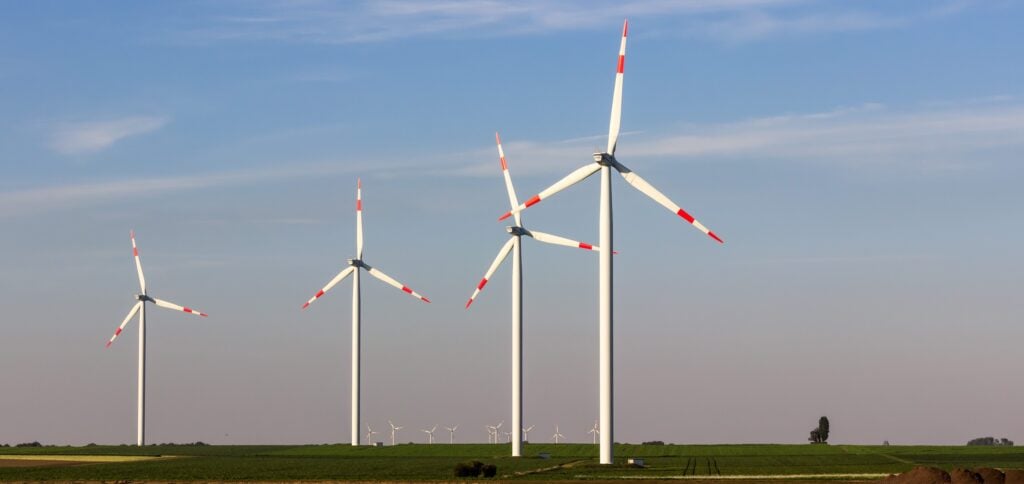The vast electricity network in Brazil used 4,9% of fossil fuels in February this year, a result that was below 5% for the first time in a month since July 2012, states in its analysis the Ember study center (*), which promotes the use of clean energy.
ADVERTISING
In the first quarter of the year, polluting sources generated 5,4% of electricity, compared to 10% in the same period in 2022. As a result, the sector's CO2 emissions fell by 29% in the same period, despite the increase in electricity generation.
Wind and solar parks, which represent only 12% and 3%, respectively, of Brazil's energy matrix, have made it possible to reduce polluting sources.
The country has a huge hydroelectric network. And the good condition of the reservoirs, thanks to heavy rains, helps keep fossil sources under control.
ADVERTISING
With 63% of the energy matrix, the hydroelectric network “remains the backbone of the system”, study author Matt Ewen told AFP.
In the last decade, however, hydroelectric plants have lost performance, falling from 59% in 2011 to 38% in 2021, and have not increased electricity generation, while demand continued to grow.
On the other hand, energy generation by wind turbines has increased by 36% since 2011 and solar by 26%. Combined, the two were responsible for 73% of demand growth since then.
ADVERTISING
The development of wind and solar energy “will be crucial if Brazil wants to move away from fossil fuels in the future,” said Ewen.
Renewable sources “will play an important role in the future energy generation mix, together with hydroelectric power. But they will have to grow a lot to meet the country’s future demands,” he added.
Brazil, which will assume the presidency of the G20 in 2024, has the highest percentage of clean electrical energy in the group, according to another analysis from UK-based think tank Ember.
ADVERTISING
In 2022, the country generated 89% of its electrical energy from clean sources. The participation of fossil fuels reached 11%, mainly gas.
(With AFP)
Read also
* The text of this article was partially generated by artificial intelligence tools, state-of-the-art language models that assist in the preparation, review, translation and summarization of texts. Text entries were created by the Curto News and responses from AI tools were used to improve the final content.
It is important to highlight that AI tools are just tools, and the final responsibility for the published content lies with the Curto News. By using these tools responsibly and ethically, our objective is to expand communication possibilities and democratize access to quality information. 🤖




